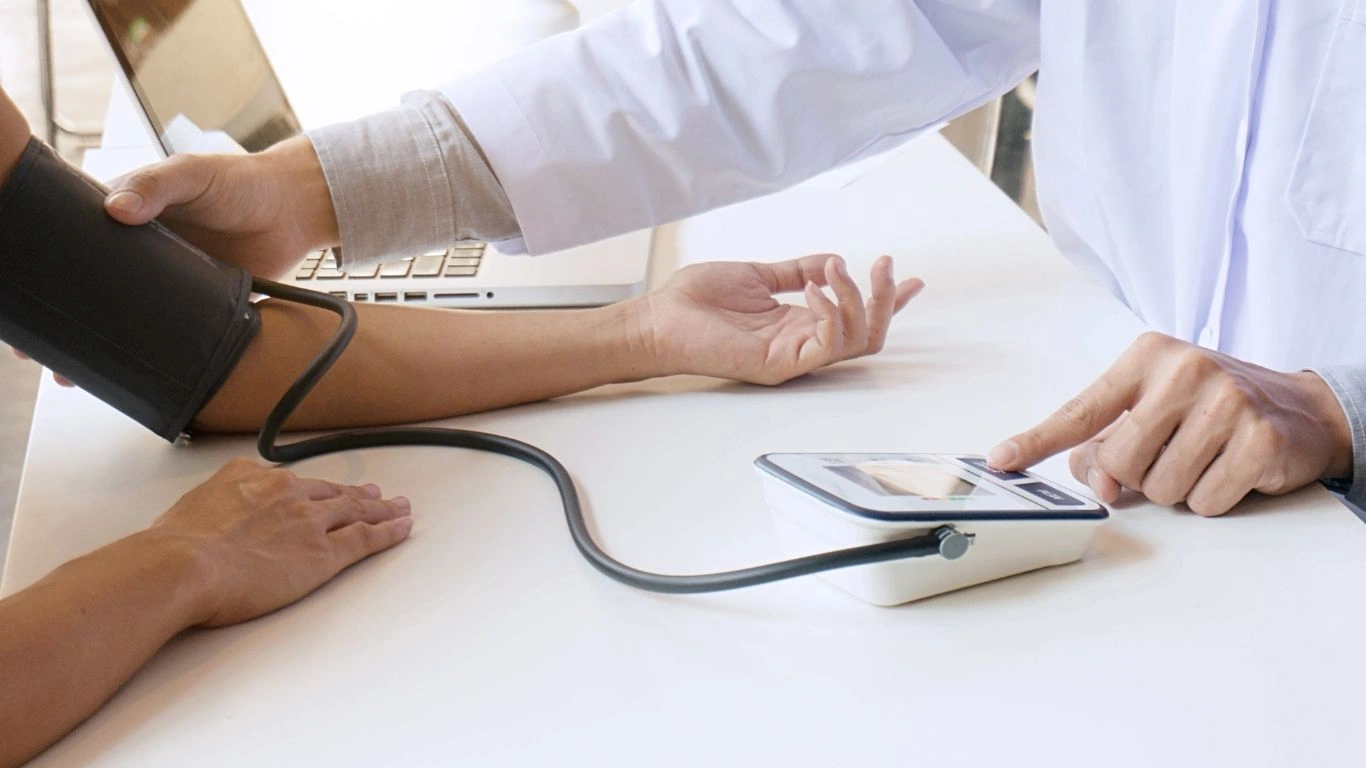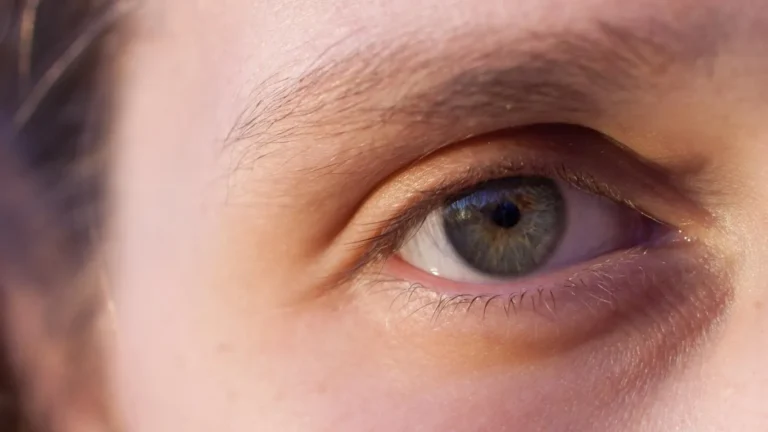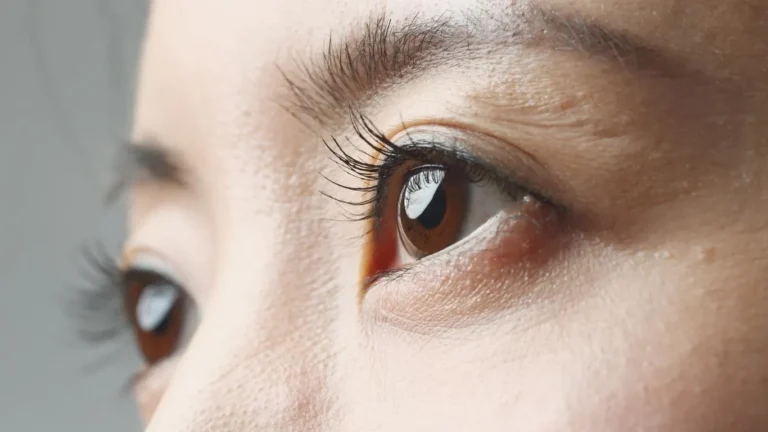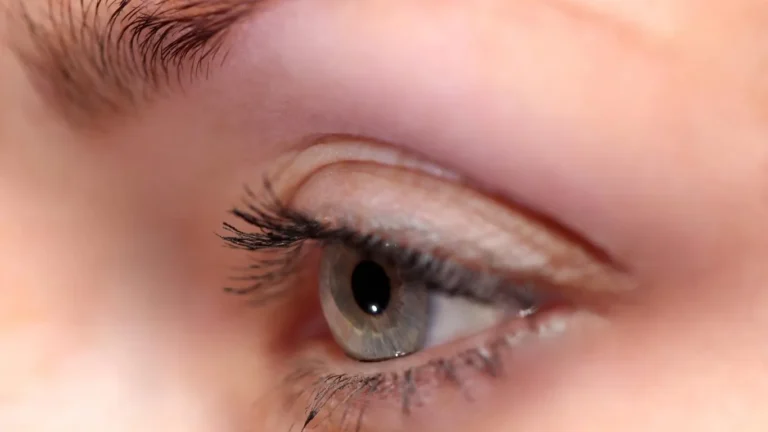Amazing Benefits of Honey Lemon Water for Hypertension Relief
So, you’re probably wondering, is honey lemon water good for hypertension? You’re not alone—this is one of those trending questions my patients often bring up during consultations. As an internal medicine physician who’s spent a good chunk of time helping people get their blood pressure under control, I can say the interest in natural remedies has only grown. I get it. When you’re on multiple medications or just trying to keep things in check without adding another prescription to the mix, the idea of starting your day with a warm glass of honey lemon water sounds refreshingly simple. But does it actually help? Let’s unpack that together.
What Makes Honey Lemon Water So Popular?

Honestly, honey lemon water feels like wellness in a cup. It’s warm, soothing, and easy to make. For a lot of people, it’s become a morning ritual—a gentle way to wake up your system. But beyond the feel-good vibes, there are a few ingredients at play here that have sparked curiosity from a clinical standpoint.
- Lemon: A natural source of vitamin C and antioxidants.
- Honey: Known for its antimicrobial properties and trace minerals.
- Warm water: Helps with digestion and hydration.
That’s a nice trifecta, right? But when we shift the focus specifically to blood pressure, things get a bit more nuanced. And that’s where the science—and some real-world experience—comes in.
How Does Honey Lemon Water Interact with Blood Pressure?
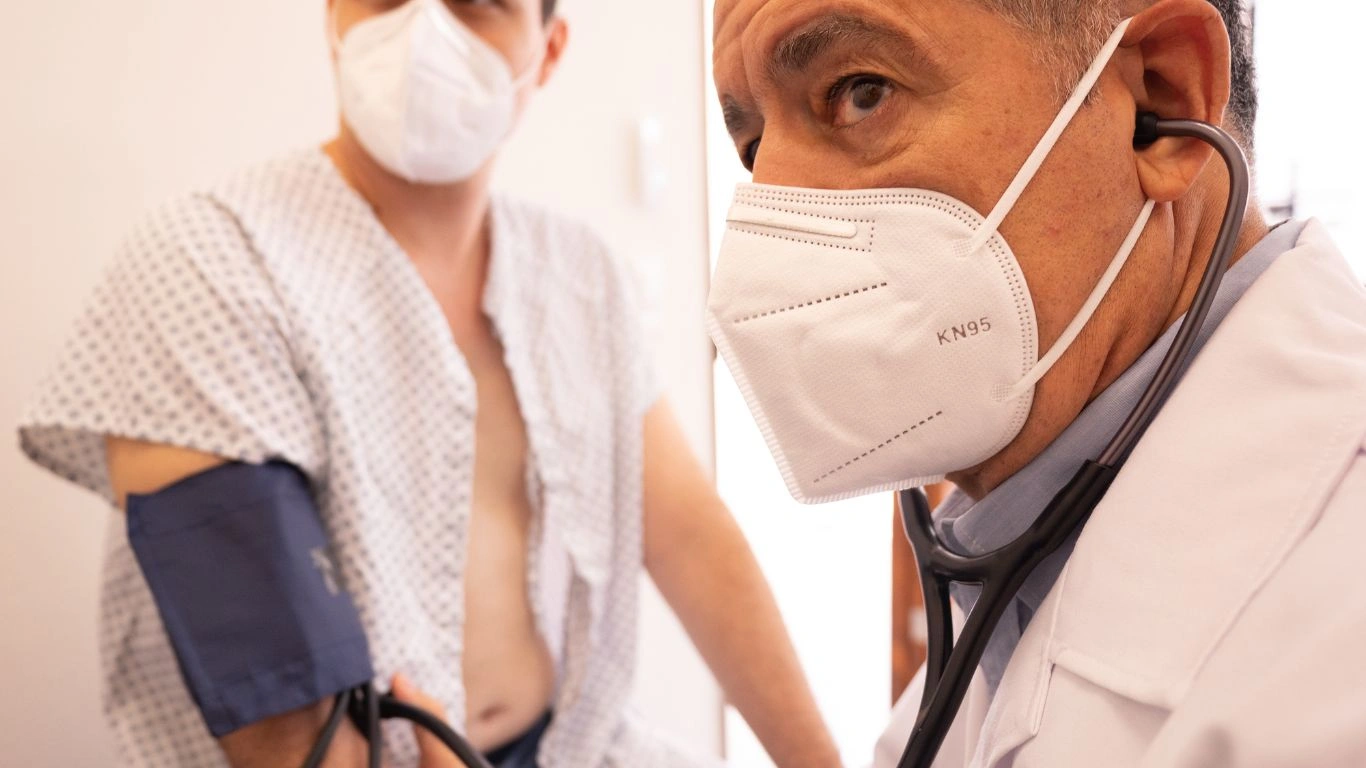
The Lemon Angle: More Than Just Vitamin C
Lemon juice has natural compounds called citrus flavonoids, which have been shown in studies to support heart health. One flavonoid in particular—hesperidin—has been linked to improved vascular function. That’s a big deal when we’re talking hypertension. In clinic, I’ve had patients who incorporated lemon water regularly report feeling less bloated, more energized, and in some cases, even saw a slight improvement in their morning blood pressure readings. Of course, we can’t give all the credit to lemons, but the synergy matters.
Honey’s Role: Natural but Not Neutral
Honey isn’t just sugar wrapped in a healthy halo. Depending on the variety, it contains small amounts of potassium, magnesium, and antioxidants—all nutrients we often encourage in blood pressure-friendly diets. However, it’s still a sugar, and portion control is key. I usually recommend no more than one teaspoon per cup. It gives you the benefit without spiking glucose or adding unnecessary calories, especially for patients managing diabetes along with hypertension.
Hydration and Vascular Health
Don’t underestimate the power of warm water first thing in the morning. Dehydration can subtly increase blood pressure by constricting blood vessels. I always tell my patients: hydration is medication in disguise. Starting your day with a glass of honey lemon water helps you rehydrate after a night’s sleep and may support more stable blood pressure through improved circulation and kidney function.
What I’ve Seen in My Own Practice
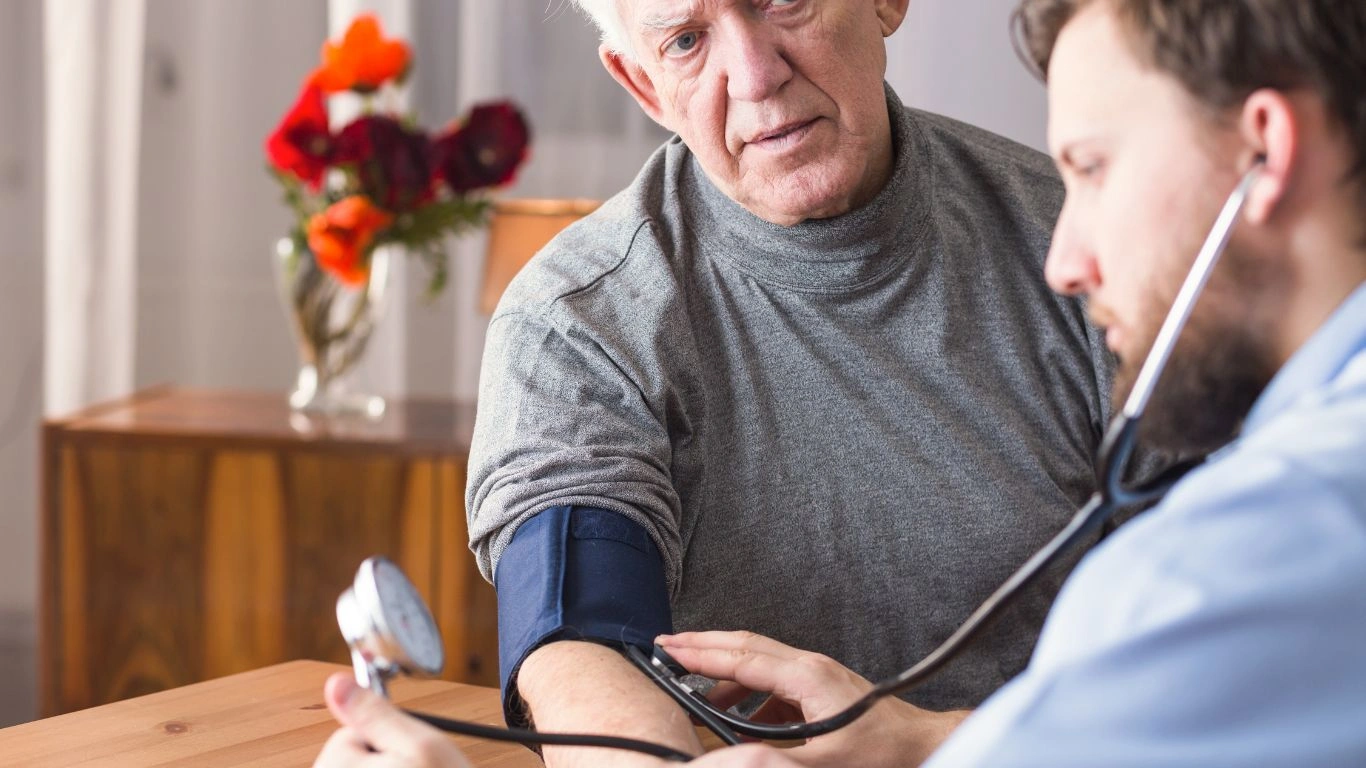
Over the years, I’ve had patients try everything from celery juice to beetroot powder (with mixed results, to be honest). Honey lemon water? That’s one of the more sustainable options people actually stick with. It’s easy, inexpensive, and doesn’t interfere with medications. I wouldn’t go so far as to call it a treatment, but when combined with the right lifestyle choices—low sodium diet, exercise, weight management—it can absolutely be part of the puzzle.
What I love most is that it makes people feel proactive. And sometimes, that motivation is what gets them to take the next step—whether that’s checking their BP regularly, cutting back on salt, or finally making that follow-up appointment they’ve been putting off.
Let’s Talk Potassium, Sodium, and That Delicate Balance

When we talk about blood pressure, we can’t ignore the tug-of-war between sodium and potassium. Most people have too much salt and not nearly enough potassium in their diets. That’s where even a small dietary tweak can tip the scale in the right direction. And yes, here’s where honey lemon water might sneak in some unexpected help.
Lemons are naturally low in sodium and offer a touch of potassium—nothing dramatic, but still worth noting. More importantly, people who start their day with a wholesome routine like this often begin paying more attention to what they eat. I’ve seen that domino effect over and over in my practice.
Here’s a quick breakdown:
- Potassium: Helps relax blood vessel walls, reducing pressure.
- Low sodium: Prevents fluid retention and excess strain on the heart.
- Hydration: Keeps everything moving and reduces vascular resistance.
By replacing your sugary coffee or overly salty breakfast with a warm mug of honey lemon water, you’re indirectly supporting this critical mineral balance. No, it’s not magic—but it’s smart.
Are There Risks? Yes, But They’re Manageable
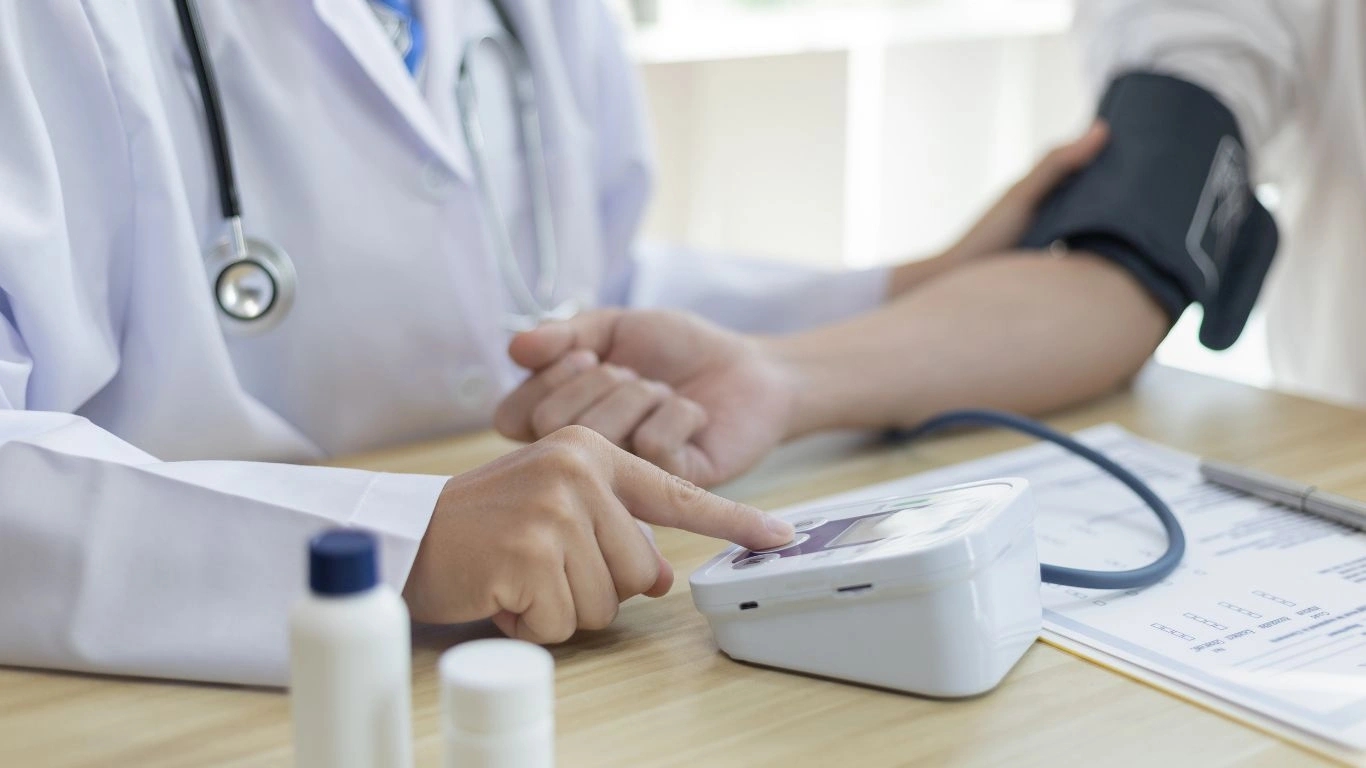
Tooth Enamel and Acidity
Lemon juice is acidic. If you’re sipping it daily without a straw or rinsing your mouth afterward, you may notice some enamel sensitivity over time. I’ve had patients—especially those dealing with dry mouth from meds like diuretics—mention this. One quick tip: use a straw, and don’t brush your teeth immediately after drinking. Give it 30 minutes.
Blood Sugar Considerations
Let’s not forget: honey is still sugar. While it’s natural and has trace nutrients, it still impacts blood glucose. For my patients managing both hypertension and diabetes or insulin resistance (which is increasingly common), I usually advise limiting the honey to half a teaspoon or skipping it altogether. Lemon water on its own still offers plenty of benefit.
Medication Interactions?
So far, I haven’t seen any direct interactions between honey lemon water and typical antihypertensive medications. That said, if someone is on potassium-sparing diuretics like spironolactone, I still recommend they watch their total potassium intake—even if it’s from natural sources. Everything adds up, especially in a therapeutic plan that involves multiple meds.
Why Honey Lemon Water Works for Some and Not Others
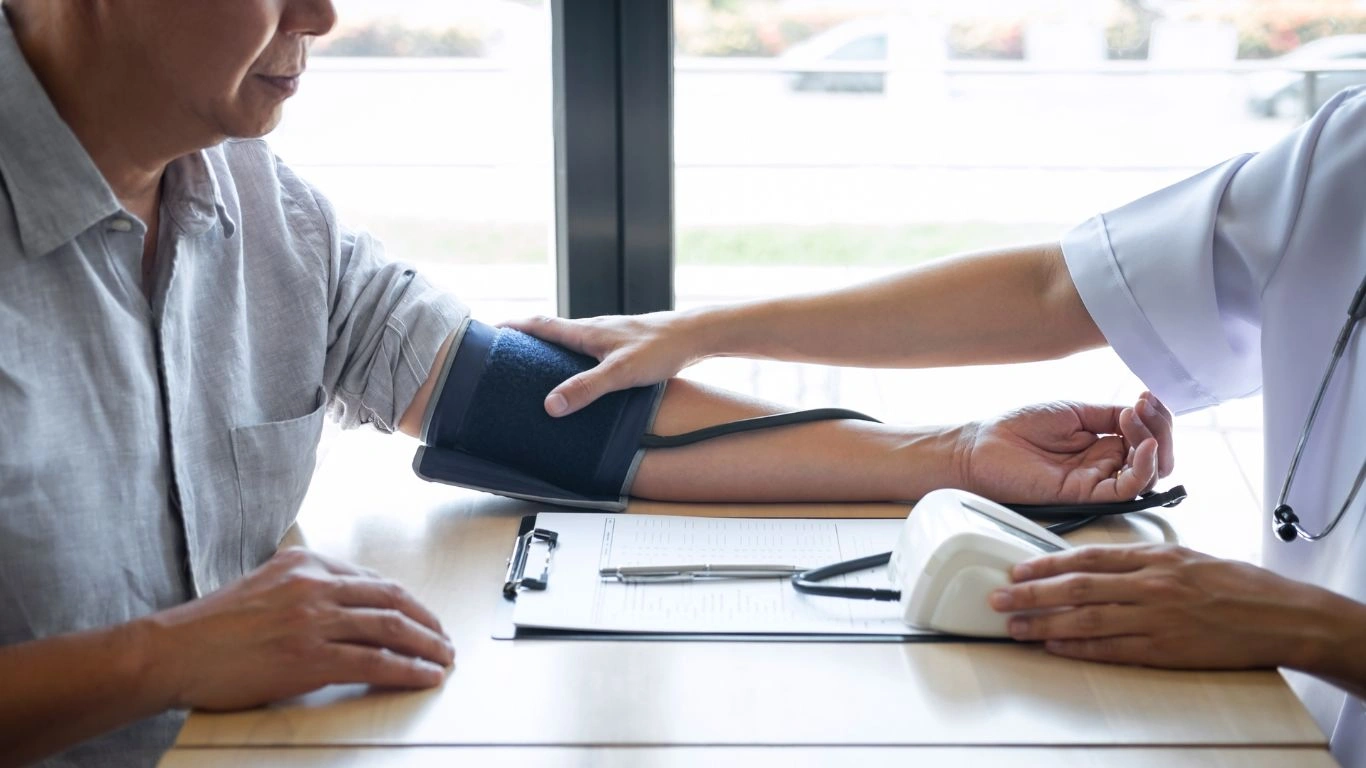
This is where things get personal. Some patients swear by it—they feel lighter, more regular, more hydrated, and yes, they sometimes even see lower systolic numbers after a few weeks. Others? Not much of a difference. Here’s what I’ve learned over the years: it’s less about the honey lemon water itself and more about what it replaces or leads to.
For example, if someone swaps out sugary sodas or high-caffeine energy drinks for honey lemon water, that’s a huge win. If they’re starting their day with intention and hydration, that often leads to better choices throughout the day. It’s the habit loop that matters.
I had one patient in her early 60s who added honey lemon water to her morning and, within two months, had dropped her sodium intake by half—without even trying. It just made her more aware. We paired that with gentle walks and a low-dose ACE inhibitor, and her BP improved more than we’d expected. Again, not magic—just mindful medicine in action.
What I Recommend to My Patients
If you’re thinking of adding honey lemon water to your morning routine, here’s what I usually suggest to patients:
- Use fresh-squeezed lemon juice, not the bottled kind—it makes a difference.
- Add ½ to 1 teaspoon of raw or organic honey—go easy, especially if blood sugar is a concern.
- Drink it warm, not boiling hot—that helps preserve the enzymes and avoids irritating your throat.
- Wait 20–30 minutes before breakfast to let it do its thing—hydrate, flush, wake up the system.
Keep in mind: this is a supportive practice, not a replacement for medication or a cure. But when woven into a broader lifestyle approach—including the DASH diet, physical activity, weight management, and regular check-ins—it can absolutely be part of the healing rhythm.
So, Is Honey Lemon Water Good for Hypertension—Clinically Speaking?
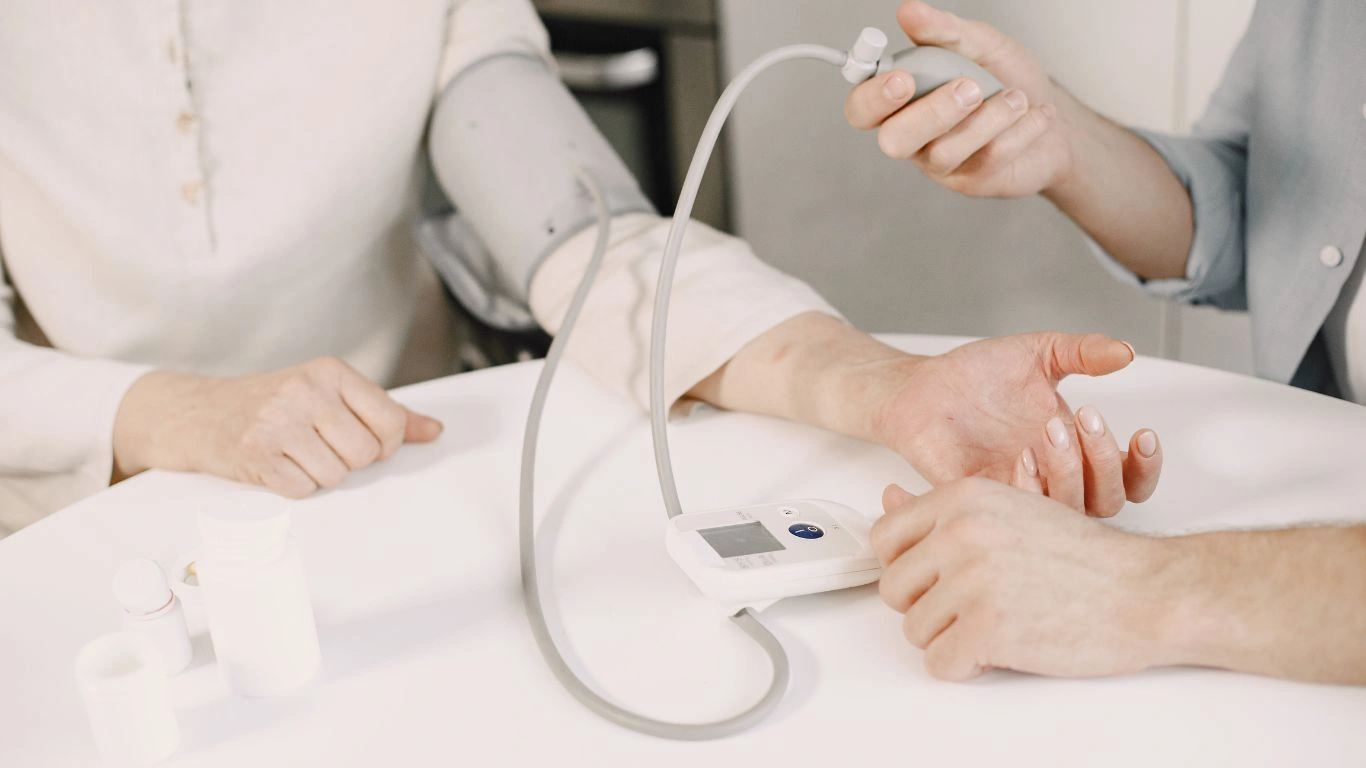
At this point, I think we can agree that honey lemon water isn’t just a fad—it holds some real-world value when it comes to supporting overall heart health. From my lens as a physician, I wouldn’t call it a “blood pressure treatment,” but I do consider it a smart adjunct—a tool in the lifestyle toolbox.
The power lies in what it promotes: hydration, nutrient intake, a mindful start to the day, and potentially, fewer processed drinks. These small shifts often lead to bigger changes. I’ve seen it so many times: when patients feel empowered to take even small steps, they’re far more likely to engage with other parts of their health journey too.
Let’s summarize the mechanisms at play:
- Lemon: Delivers antioxidants and natural flavonoids that may improve vascular flexibility.
- Honey: Offers trace minerals and soothing properties when used in moderation.
- Warm water: Rehydrates the body after sleep, supporting kidney function and blood volume regulation.
None of these alone will drastically lower blood pressure, but together? They encourage behaviors that do.
Real-Life Results: What Patients Have Told Me

One of my patients—late 50s, juggling early-stage hypertension and borderline cholesterol—started drinking honey lemon water every morning after we talked about reducing sodium and increasing hydration. At her follow-up visit three months later, she’d not only dropped her systolic pressure by 8 points but also cut down on snacking, simply because she felt more “in control” of her mornings. That’s the part we often overlook: the behavioral impact.
Another patient who initially rolled his eyes at the suggestion eventually came back and admitted, “It actually helped me feel less sluggish. I didn’t think something so simple could make a difference.” No, it wasn’t the honey or lemon alone—it was the ripple effect of consistent, healthy behavior.
How to Incorporate It Into a Heart-Healthy Routine
If you’re thinking of trying it for yourself—or recommending it to your loved ones—here’s what I tell my patients:
- Start your day with intention: Have your honey lemon water before breakfast, not after.
- Pair it with something positive: A short walk, journaling, blood pressure monitoring—stack the habits.
- Track how you feel: Not just your BP readings, but energy levels, digestion, stress.
- Stay consistent: Results come from rhythm, not random effort.
And for those wondering—yes, you can drink it at night too, especially if you find it calming. But for BP impact and habit-building, I tend to favor the morning window.
Final Thoughts from the Exam Room
Managing hypertension doesn’t always require drastic overhauls. Often, it’s the low-effort, high-consistency habits that win. Honey lemon water is one of those little things I’ve seen become a meaningful part of the puzzle for many patients. It’s simple, it’s accessible, and it encourages mindfulness—something we don’t talk about nearly enough in clinical settings.
As always, though, context matters. What works beautifully for one patient may not move the needle for another. That’s why personalizing care—whether through diet, medication, or lifestyle—is still the heart of good internal medicine.
References
- National Center for Biotechnology Information
- American Heart Association
- American Society for Nutrition
- Centers for Disease Control and Prevention
Disclaimer
This article is intended for informational purposes only and does not constitute medical advice. Always consult your healthcare provider before making any changes to your health regimen, especially if you are on medications or managing chronic conditions. As a practicing internal medicine physician, I offer insights based on clinical experience, but individual health needs vary significantly.

Dr. Gwenna Aazee is a board-certified Internal Medicine Physician with a special focus on hypertension management, chronic disease prevention, and patient education. With years of experience in both clinical practice and medical writing, she’s passionate about turning evidence-based medicine into accessible, actionable advice. Through her work at Healthusias.com, Dr. Aazee empowers readers to take charge of their health with confidence and clarity. Off the clock, she enjoys deep dives into nutrition research, long walks with her rescue pup, and simplifying medical jargon one article at a time.

